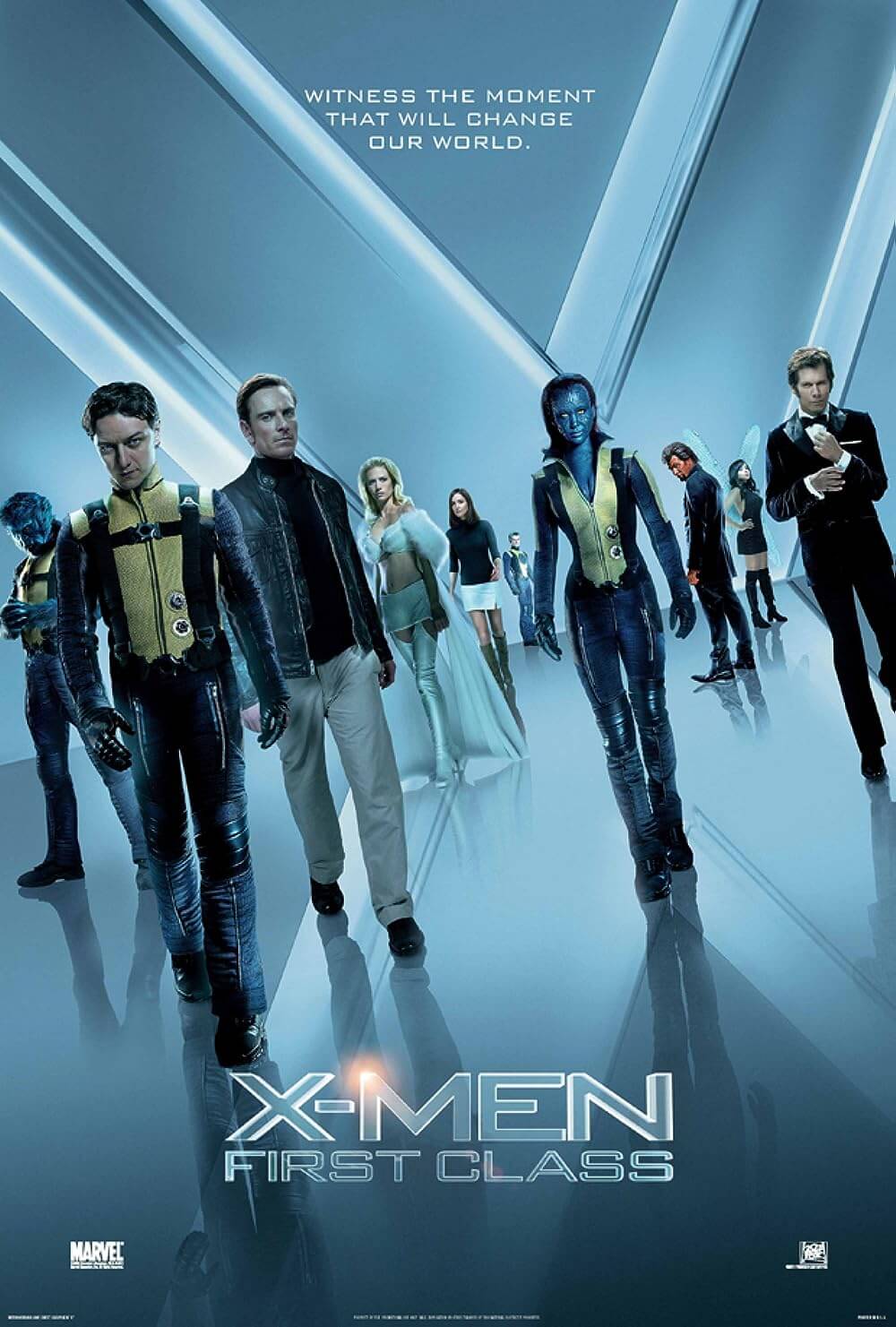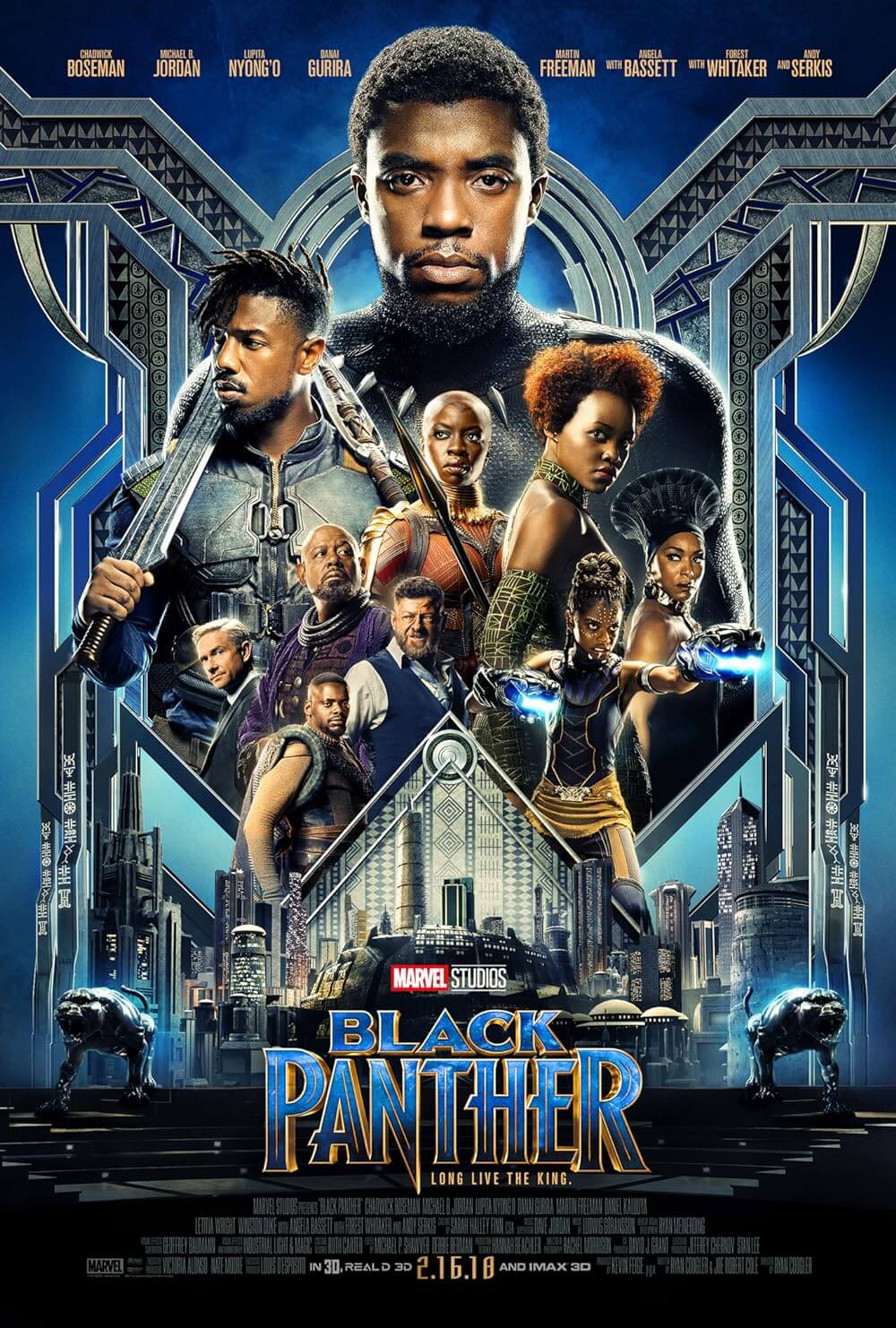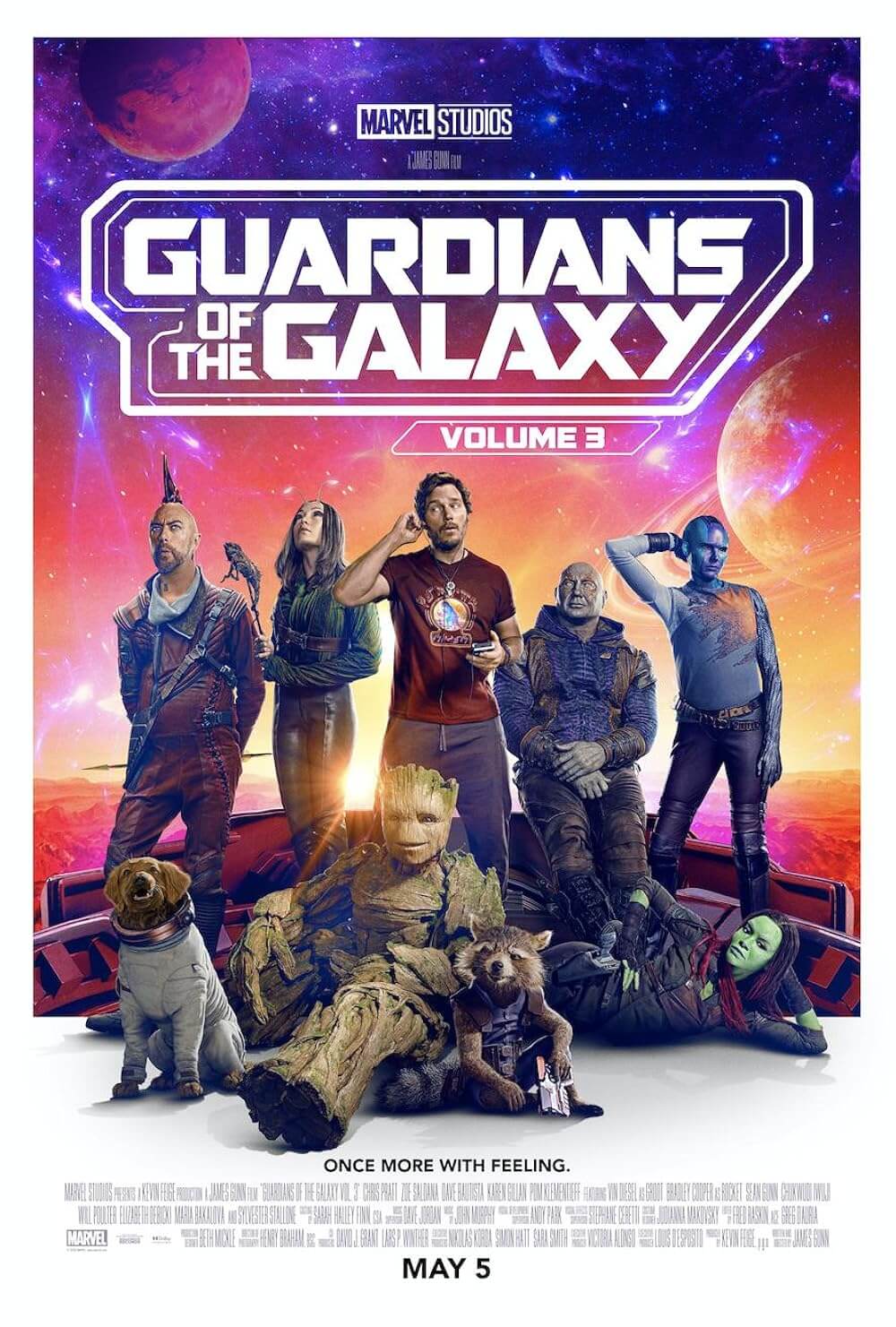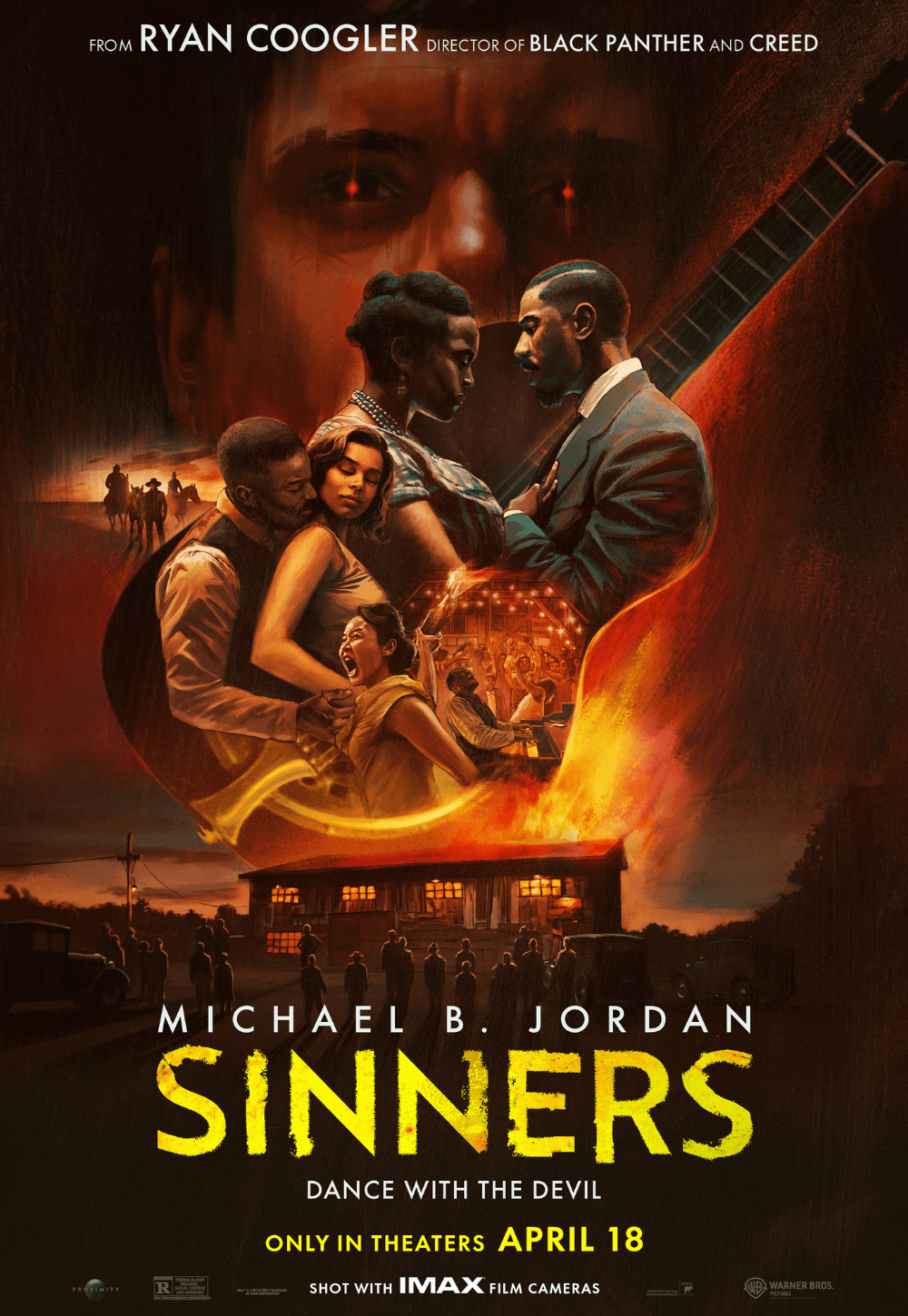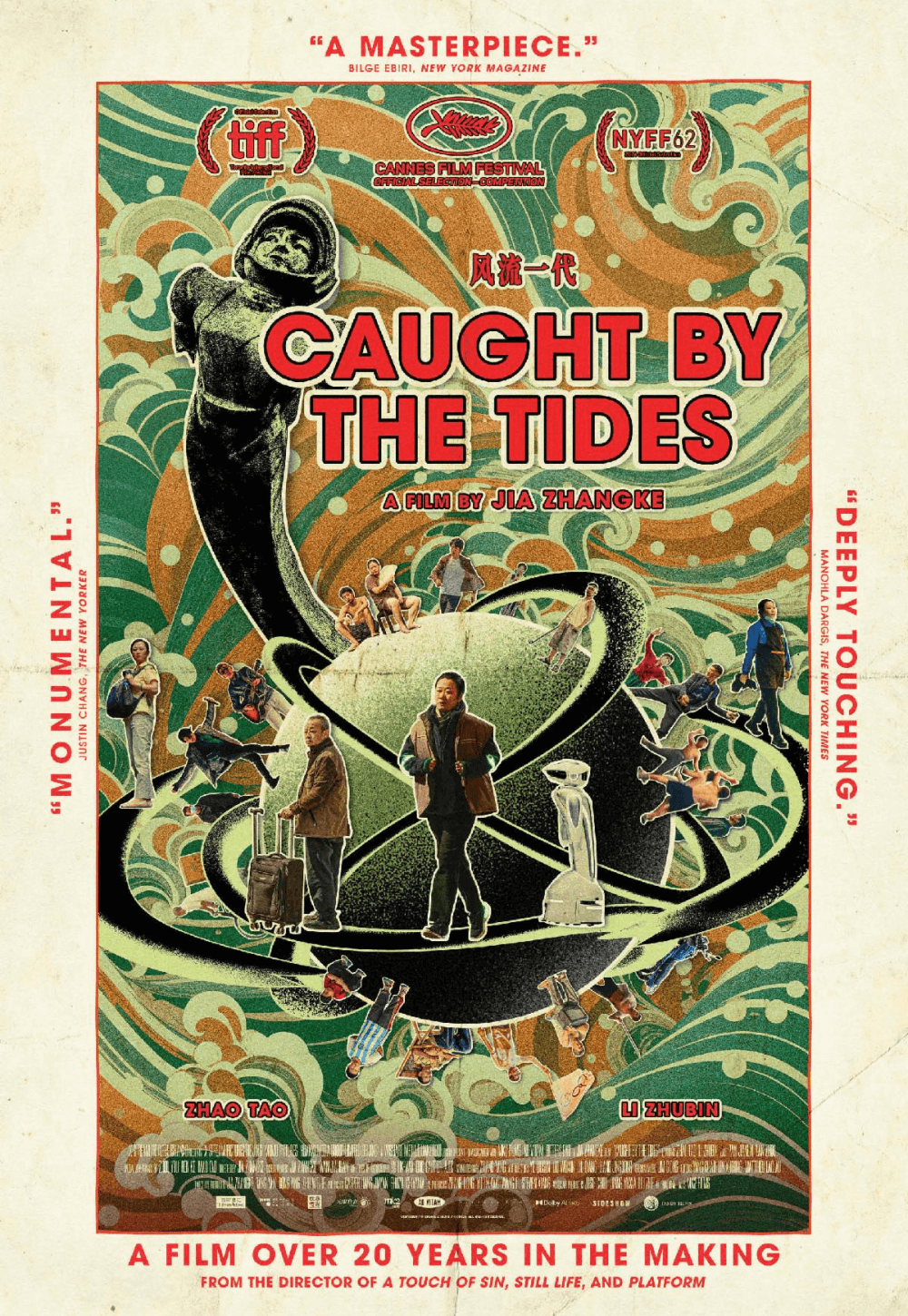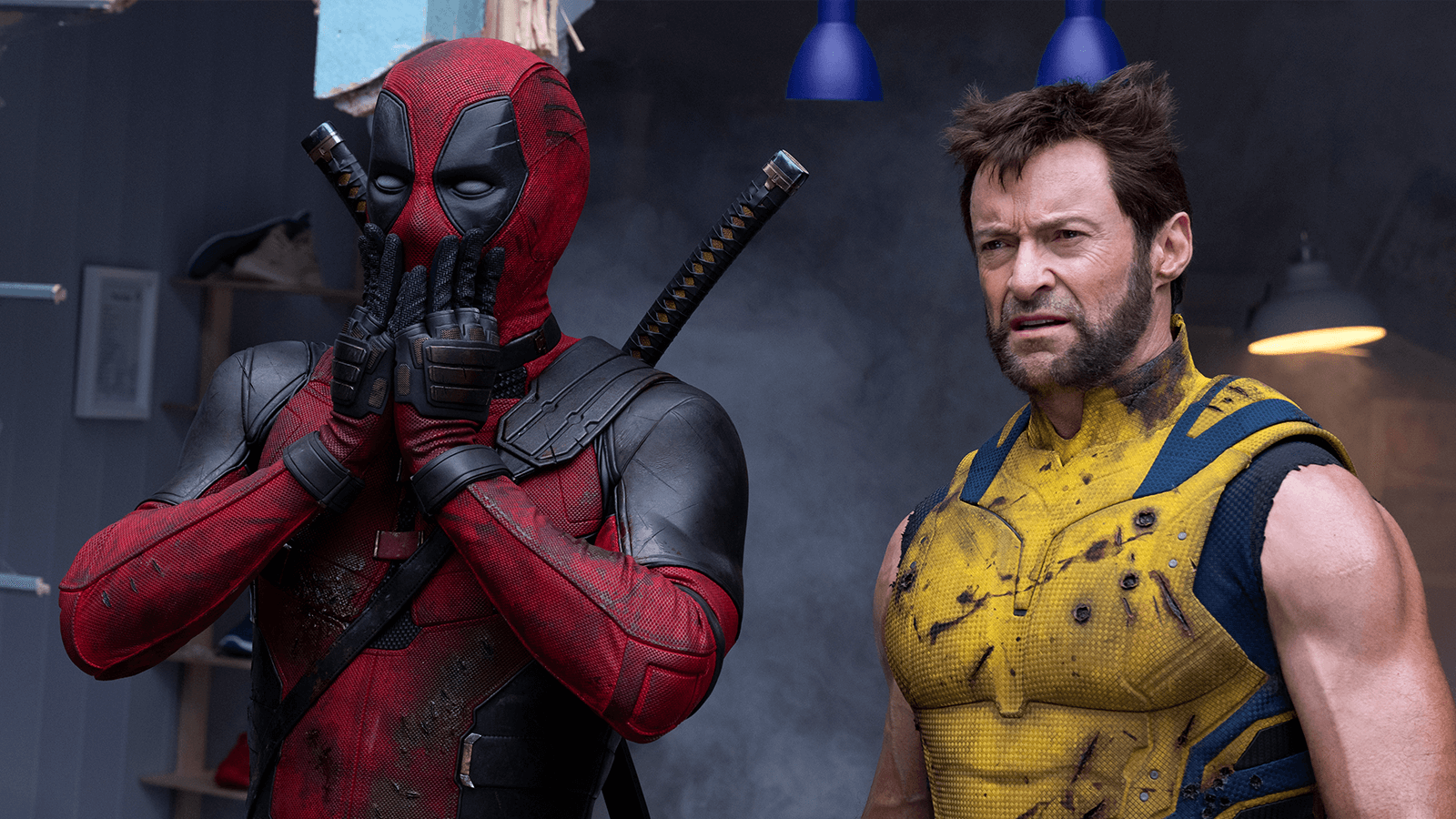
Deadpool & Wolverine
By Brian Eggert |
Thirty years ago, X-Men comic books were in their ‘90s heyday, ostensibly saving Marvel Comics from their lean years; Fox Kids’ X-Men: The Animated Series was a huge hit; and X-Men action figures by ToyBiz sold like hotcakes. I was the nerd—then an unpopular thing to be—who invested untold dollars in back issues and filling out my collection. I woke up every Saturday to record the cartoon on my own VHS tape for my collection, sans commercials. And my action figure stockpile was ever-growing. The pre-teen version of me couldn’t imagine that two of my favorite characters, Wolverine and Deadpool, would ever have their own megabudget Hollywood movie team-up. But here we are, in 2024, after a dozen or so X-Men movies, and the impossible dream of Deadpool & Wolverine is a reality. But instead of being just a glorious ode to the Merc with a Mouth and the Canucklehead (which it is), it’s also about Disney and its corporate acquisition of 20th Century Fox. And while the movie is somehow a feature-length “get fucked” to everything Fox got wrong about their various 2000s-era Marvel series (X-Men, Fantastic Four, Daredevil, et al.), it’s also a vital rush to counter everything the MCU has mishandled in the post-coital deflation of Avengers: Endgame (2019).
To be sure, after Endgame, the MCU has floundered. I’ve enjoyed, often with a passive shrug, many of these movies. But I’ve also had enough superhero multiverses and character variants to last a lifetime. Alas, Deadpool & Wolverine isn’t a back-to-basics effort. So, what can I tell you about the story? Not much. Out of respect for other viewers, critics have been instructed not to reveal plot details, cameos, or the like. What does that leave? Again, not much. The movie’s engine runs on surprise appearances, delightfully base verbal and visual humor, and the occasional shocking twist. As you might expect, the fate of the universe hangs in the balance, and only these anti-heroes can save it. But it’s not just the universe. It’s the multi-verse. That means anyone from any superhero movie might appear, prompting nerds like me to laugh riotously with recognition and disbelief. It may as well be called Into the Deadpool-Verse, given all the alternate versions and Easter eggs dropped into this 130-minute payoff for viewers who have been watching superhero movies since long before the MCU.
Ryan Reynolds reprises his quippy, pansexual, ultraviolent, yet somehow sweet-hearted role from Deadpool (2016) and Deadpool 2 (2018)—once again occupying the smarmy and quick-witted screen persona he established in Van Wilder (2002) and has maintained ever since. Armed to the teeth, his horribly scarred character not only breaks the fourth wall but knows he’s in a movie and played by Reynolds, allowing for riotous in-jokes about the actor’s life and career. The same is true of Hugh Jackman’s Wolverine, real name Logan. Although Wolvie had a fitting end in 2017’s Logan, the multiverse means limitless Logans exist in other timelines. We glimpse them in a montage featuring several iterations of Wolverines from the comics—my favorite sequence from the movie, even if the montage lasts mere seconds. Here, Deadpool/Reynolds has a bromance with Logan/Jackman, and the four identities intermingle freely, with the latter a straight man to the decidedly not straight former.
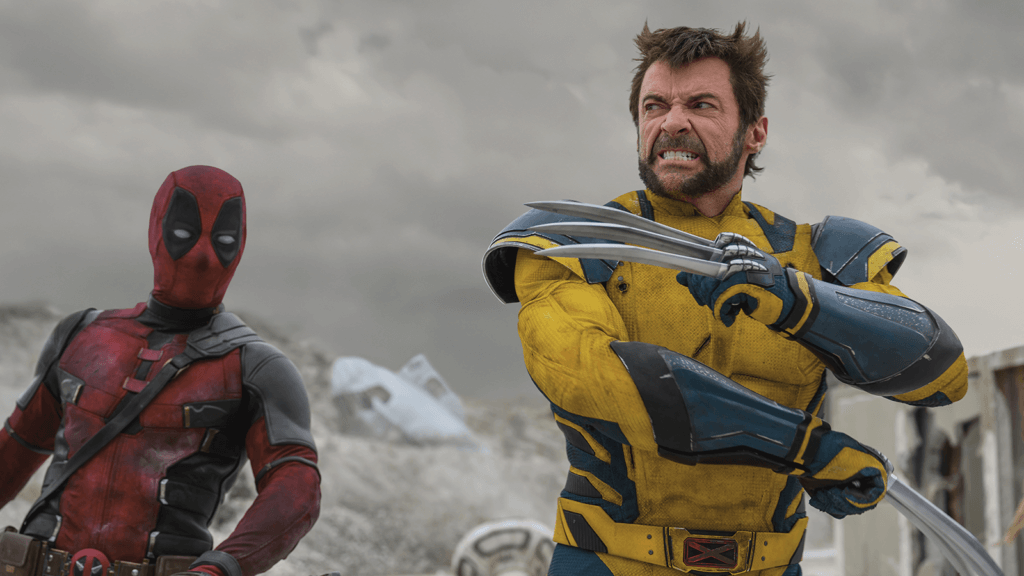 You would have had to watch dozens of movies and Disney+ series to understand everything happening. The plot concerns the Time Variance Authority (TVA), an organization that polices multiverse timelines, and a TVA functionary named Mr. Paradox, played by Succession’s Matthew Macfadyen, trying to overstep his bounds. To save his timeline, Deadpool enlists a defeated version of Logan for a mission that finds them facing off against Cassandra Nova (Emma Corrin), the high-powered mutant sister of Professor X. Some of the cast from the earlier Deadpool movies—Morena Baccarin, Brianna Hildebrand, Leslie Uggams, Karan Soni, Rob Delaney—reprise their roles on the sidelines. Fortunately, the story is secondary next to jokes about pegging, bodily orifices, and hardcore drugs. Director Shawn Levy (Reynolds’ pal from Free Guy and The Adam Project, and Jackman’s pal from Real Steel) and his editing team zip from one sequence to the next. It feels like a 90-minute movie. And it’s all propelled by Reynolds’ energetic performance, Jackman’s curmudgeonly attitude, and action sequences set to random pop music. The most engaging fights are the few long, brutal, bloody ones between the titular characters who ostensibly cannot die. By contrast, Levy loses visual cohesion in larger group battles that often register as chaos.
You would have had to watch dozens of movies and Disney+ series to understand everything happening. The plot concerns the Time Variance Authority (TVA), an organization that polices multiverse timelines, and a TVA functionary named Mr. Paradox, played by Succession’s Matthew Macfadyen, trying to overstep his bounds. To save his timeline, Deadpool enlists a defeated version of Logan for a mission that finds them facing off against Cassandra Nova (Emma Corrin), the high-powered mutant sister of Professor X. Some of the cast from the earlier Deadpool movies—Morena Baccarin, Brianna Hildebrand, Leslie Uggams, Karan Soni, Rob Delaney—reprise their roles on the sidelines. Fortunately, the story is secondary next to jokes about pegging, bodily orifices, and hardcore drugs. Director Shawn Levy (Reynolds’ pal from Free Guy and The Adam Project, and Jackman’s pal from Real Steel) and his editing team zip from one sequence to the next. It feels like a 90-minute movie. And it’s all propelled by Reynolds’ energetic performance, Jackman’s curmudgeonly attitude, and action sequences set to random pop music. The most engaging fights are the few long, brutal, bloody ones between the titular characters who ostensibly cannot die. By contrast, Levy loses visual cohesion in larger group battles that often register as chaos.
To his credit, MCU overseer Kevin Feige has given the five credited screenwriters—Reynolds, Levy, Rhett Reese and Paul Wernick (writers of the earlier Deadpool installments), and longtime comic writer Zeb Wells—incredible freedom. They deliver the first R-rated entry in the MCU, with more “fucks” and gory violence than Disney probably feels comfortable with, and Reynolds clearly delights in pushing their buttons. Jackman, too, looks like he’s enjoying himself as an unleashed version of the character he started playing nearly a quarter-century ago, and finally, in his yellow costume. Nothing about Deadpool & Wolverine feels held back or curbed, and no one, not even Feige himself, is safe from Deadpool’s verbal wrath. More than once, I thought, “I can’t believe the studio allowed this” or “Did they really just say that?” Amusingly, Deadpool even mocks the post-Endgame downswing. And while Deadpool & Wolverine represents a highlight of Phase Five, after last year’s Guardians of the Galaxy Vol. 3, it’s worth questioning whether anything to follow in the next year or so that will compare to its postmodern energy. And if this self-declared “Marvel Jesus” announces that the multiverse is dead, does that mean we will all be spared such nonsense in future MCU movies? I hope so.
Deadpool & Wolverine is ridiculously fun while it lasts. I laughed harder than I have in a long time at some of the jokes, which even caused a few groans of offended sensibilities in my press screening. I consider that an admirable sign. When was the last time, if ever, an MCU movie had the potential to offend anyone? That said, I don’t expect I’ll want to revisit this movie again. To borrow a line used to describe Deadpool, the movie is “an annoying one-trick pony,” but I mean that in the most affectionate way. With the story secondary and the emotional beats mostly perfunctory, the movie’s dependence on shock humor and surprise cameos won’t, by design, be as effective the second time around. However, if viewers can remain unspoiled before seeing it, Deadpool & Wolverine has some wildly hilarious meta-humor, self-referential jokes, and rewards for devoted fans. I had a blast with these moments; though, much like the two previous Deadpool features, their ability to leave a lasting impact is minor. Nevertheless, the movie tickled my nerdy parts just the right way, which seems to be the intent.
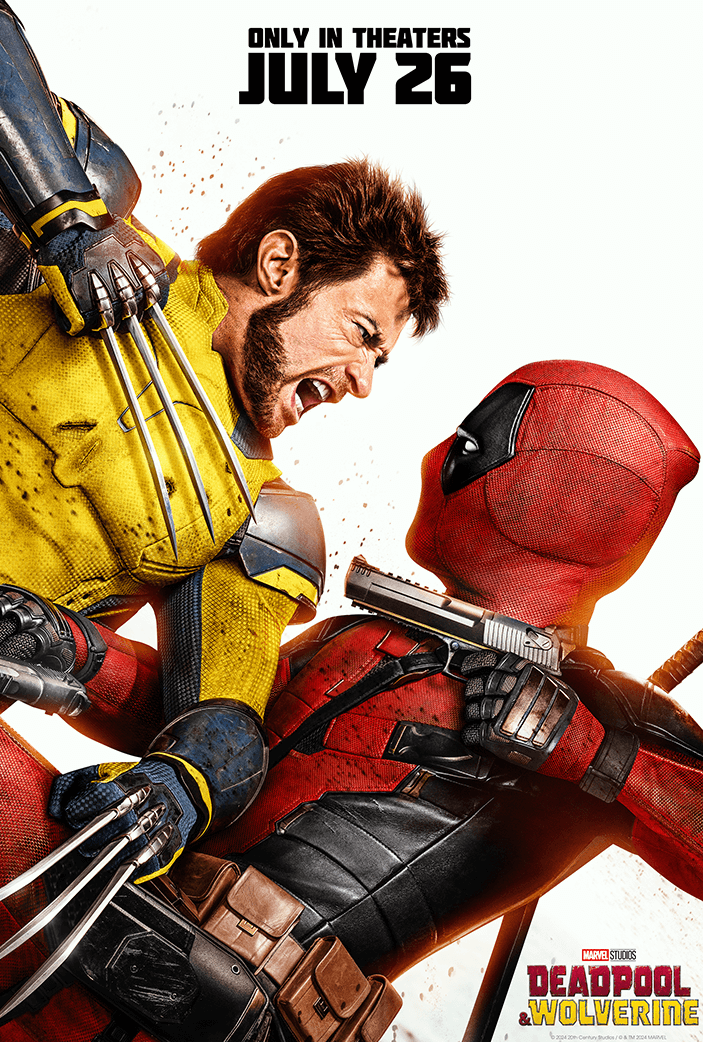
Consider Supporting Deep Focus Review
I hope you’re enjoying the independent film criticism on Deep Focus Review. Whether you’re a regular reader or just occasionally stop by, please consider supporting Deep Focus Review on Patreon or making a donation. Since 2007, my critical analysis and in-depth reviews have been free from outside influence. Becoming a Patron gives you access to exclusive reviews and essays before anyone else, and you’ll also be a member of a vibrant community of movie lovers. Plus, your contributions help me maintain the site, access research materials, and ensure Deep Focus Review keeps going strong.
If you enjoy my work, please consider joining me on Patreon or showing your support in other ways.
Thank you for your readership!
Brian Eggert | Critic, Founder
Deep Focus Review


